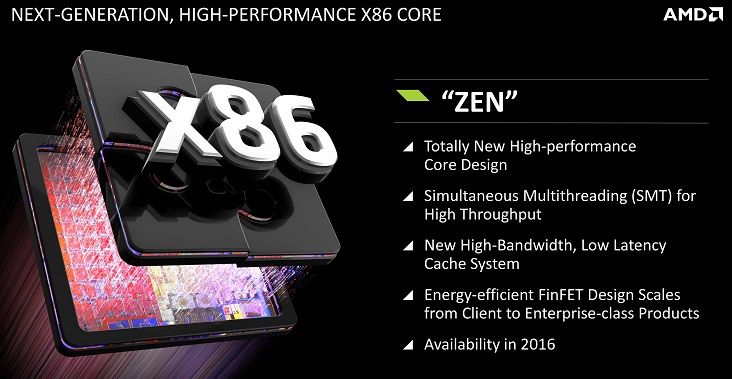In 2016, AMD created a joint venture with Tianjin Haiguang Advanced Technology Investment Company, a Chinese company that agreed to pay AMD $293 million to license its x86 technology.
This joint venture created a company called Hygon, with Tianjin acting with 70% of the shares. Hygon is a processor manufacturer whose goal is to develop chips that can “meet the real needs of the Chinese market”, with support for its first processors, the Dhyana family of x86 processors, coming in some of the latest Linux kernel patches.
Hygon’s Dhyana family shares most of its underlying architecture with AMD’s “Zen” processor family, effectively creating a new x86 processor manufacturer in China, albeit with AMD technology. The AMD license agreement will allow the company to receive royalties with each processor shipment while getting more software developers to work with Zen-type processors.
Dhyana’s similarities to Zen can be seen from the ease with which support for the architecture was added to Linux, which requires less than 200 lines of code in the kernel, a surprisingly small amount instead for what could be considered a new type of X86 processor. This support was added without causing any coding conflicts with the AMD EPYC series processors.
Below is additional information about Hygon, which was founded in 2016 with Tianjin and AMD as domestic and foreign shareholders.
HYGON was founded in February 2016 as an integrated circuit design company. The Chinese shareholder is Tianjin Haiguang Advanced Technology Investment Company Ltd. and the foreign shareholder is Advanced Micro Devices, Inc. (AMD). The registered capital of HYGON is 300 million dollars, of which the Chinese shareholder owns 70%. It is headquartered in Chengdu Tianfu Software Park, with R&D branches in Beijing, Zhongguancun Software Park, Suzhou Industrial Park, Shanghai and the United States. The company mainly designs advanced integrated circuits.
Based on today’s international mainstream microprocessor architecture, HYGON designs secure and reliable server-compatible chips that meet the real needs of the Chinese market. In the future, HYGON will optimize the microprocessor core architecture according to application requirements, and develop more competitive server processors and related processing chips using the latest semiconductor technology.
In addition to its origins in AMD’s Zen architecture, there is little known about the new Hygon Dhyana series processors in China, although their appearance shows that AMD is likely to make a lot of money from its Chinese licensing agreement in the future.
